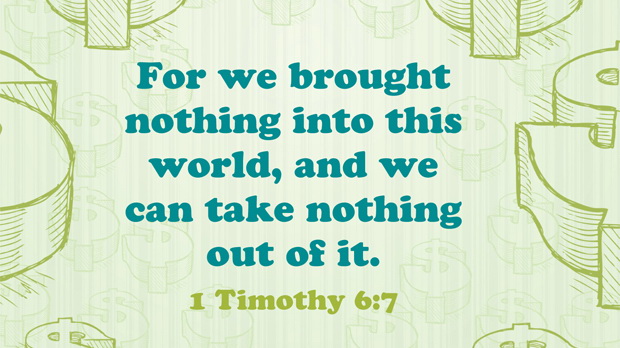The combination of New Year's resolutions and internet accessibility has driven millions of Christians to start one-year Bible reading plans through apps like YouVersion and Bible Gateway. But just as commitments to other resolutions drop, so do commitments to reading plans.
For Bible Gateway, January 1 was the peak day for starting plans, but traffic dropped 30 percent only a week later, said internet systems architect Stephen Smith. "By the end of February, reading plan traffic drops by one-third from January's overall levels, and by the end of May, it drops by nearly one-half," said Smith.
Bible Gateway is the Internet's most visited Christian site, with 130 million–plus monthly views. The portal offers 180 biblical versions in 70 languages, and new systems will enable the Zondervan-owned site to better measure completion rates of its 15 reading plans during 2014.
But general manager Rachel Barach wants readers to focus more on comprehension than on how many chapters they read. "If a reading plan motivates you, use it," she said. "But if it becomes a chore that deters you from Scripture, use a devotional, study one book in depth, or just randomly open to a chapter. Give your time to God and let him bless you through his Word."
Still, some see reading plans as a way to not only better understand the overarching message of Scripture but also connect with the historic church. Joel Scandrett, professor of historical theology at Trinity School for Ministry, said daily reading is a fundamental discipline dating to the early church. "The deep grasp of Scripture that this discipline provides is essential to Christian discipleship, and one-year Bible reading plans are a great way to achieve that," he said.
Crossway Books' Bible publishing director, Dane Ortland, thinks readers should go at their own pace, though he said following reading plans "forces us to read portions of Scripture to which we are not naturally drawn, feeding us with the whole counsel of God and giving us the fullest possible picture of who God is."
What matters most is not marking off a checklist or meeting a quota but grasping the overarching narrative of Scripture and how smaller stories fit within that, said Kevin Scott, acquisitions editor for Wesleyan Publishing House.
That's one reason Scripture Union developed the Essential 100 Challenge—a Bible reading program built around 100 short Bible passages, 50 from the Old Testament and 50 from the New Testament. More than 2.5 million people from dozens of nations and 20 languages have completed the challenge. "The real issue is not just the renewal of a personal spiritual discipline," said Scripture Union USA president Whitney Kuniholm. "Rather, it's the renewal of the church itself."
One way Biblica is trying to renew the church is by providing a Bible plan designed to be read in community with others. Glenn Paauw, Bible publisher for Biblica North America, said the completion rate for their Community Bible Experience is nearly 80 percent. "We're counting on the fact that a literary, readable Bible, and reading while regularly interacting with others in a book club–type model, will dramatically improve the outcome," said Paauw. "And it seems to be happening."


